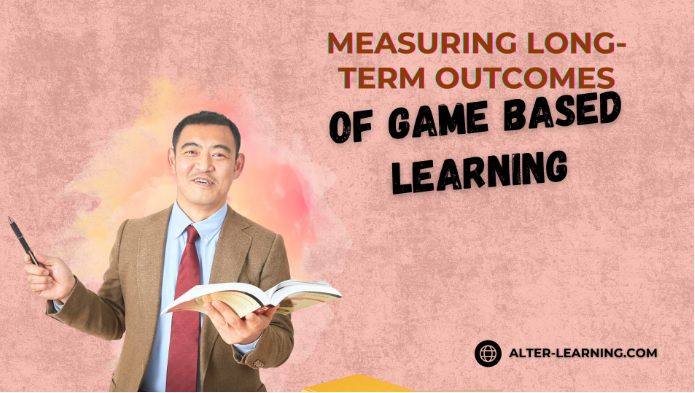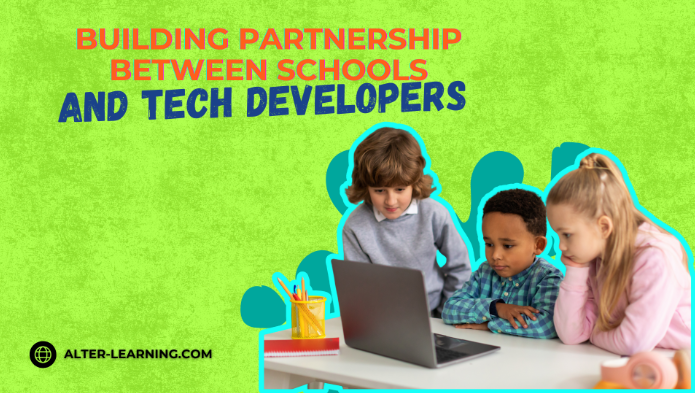In classrooms today, data can play a bigger role than ever before. From interactive STEAM learning platforms to VR education apps, digital tools can generate valuable insights about how students learn. But the real question is: how can educators use this information effectively?
Learning analytics refers to the collection, analysis, and application of data to support student growth. Far from being just numbers, these insights can guide teaching strategies, enhance engagement, and ensure that every student’s needs are considered. Alter-Learning’s focus on data-informed design can help schools understand not only what students do in games but also what they take away from the experience.
Why Learning Analytics Matters
Education is shifting from “one-size-fits-all” toward more personalized approaches. Learning analytics can help by:
- Revealing patterns in student behavior,
- Identifying gaps in understanding,
- Supporting differentiated instruction,
- Encouraging early intervention for struggling learners,
- Demonstrating progress toward standards and benchmarks.
By tracking not only what students achieve but how they get there, analytics can give educators a more complete picture of learning.
Types of Data That Can Be Collected
Educational games and immersive platforms can generate a wide range of useful data, such as:
- Performance data: Accuracy in math puzzle games, completion rates of interactive physics simulations, or scores in VR math games.
- Engagement data: Time spent on challenges, persistence after failure, or voluntary replay of activities.
- Collaboration data: Communication and teamwork patterns in multiplayer environments, such as co-op engineering challenges for students.
- Accessibility data: Usage of features like colorblind modes, audio cues, or difficulty settings to ensure inclusive learning environments.
These data points can provide context far beyond traditional test scores.
Turning Data Into Actionable Insights
Raw numbers alone do little unless they’re translated into meaningful guidance for teachers. Platforms like Alter-Learning can help educators use analytics to:
- Adapt instruction: If a student consistently struggles with 3D geometry puzzles, teachers may adjust lessons or provide targeted support.
- Personalize pathways: Students excelling in virtual chemistry labs may be offered more advanced science games for kids.
- Balance skills: Data may reveal whether students focus more on creativity, collaboration, or problem-solving — helping teachers balance classroom activities.
- Support reflection: Dashboards can encourage students to see their own progress and set goals.
This approach can empower both teachers and learners to take control of the learning journey.
The Role of Educators in Data Use
While learning analytics can be powerful, its effectiveness depends on thoughtful use. Teachers can:
- Interpret data within the broader context of each student’s life,
- Combine analytics with their own observations and expertise,
- Use analytics to guide — not dictate — decisions,
- Share insights with families to build stronger support systems.
Data should be seen as a tool to enhance professional judgment, not to replace it.
As with any technology, analytics comes with challenges. Concerns about privacy, equity, and over-reliance on metrics need to be addressed. Alter-Learning emphasizes transparency and accessibility by:
- Protecting student privacy through secure systems,
- Ensuring analytics highlight strengths as well as needs,
- Designing tools that reduce, rather than add to, teacher workload.
With these safeguards, analytics can remain a supportive resource rather than a burden.
What Data Can Tell Us About the Future
When applied responsibly, learning analytics can reveal more than test results — it can show how students think, collaborate, and grow in immersive learning environments. The insights gained from VR coding tutorials, AR biology exploration, or interactive story challenges can guide educators toward more effective, inclusive practices.
Alter-Learning’s commitment to embedding analytics within STEAM educational games demonstrates how data can support both academic goals and personal development. By combining innovation with thoughtful reflection, schools can ensure that every student not only learns but thrives.
Because in the end, analytics isn’t about numbers — it’s about the stories those numbers tell, and how they can guide us toward better learning experiences.
Follow Alter-Learning for more insights into immersive education, edtech success stories, and the future of learning. Want to explore how VR/AR could transform your school or learning platform? Let’s connect.




